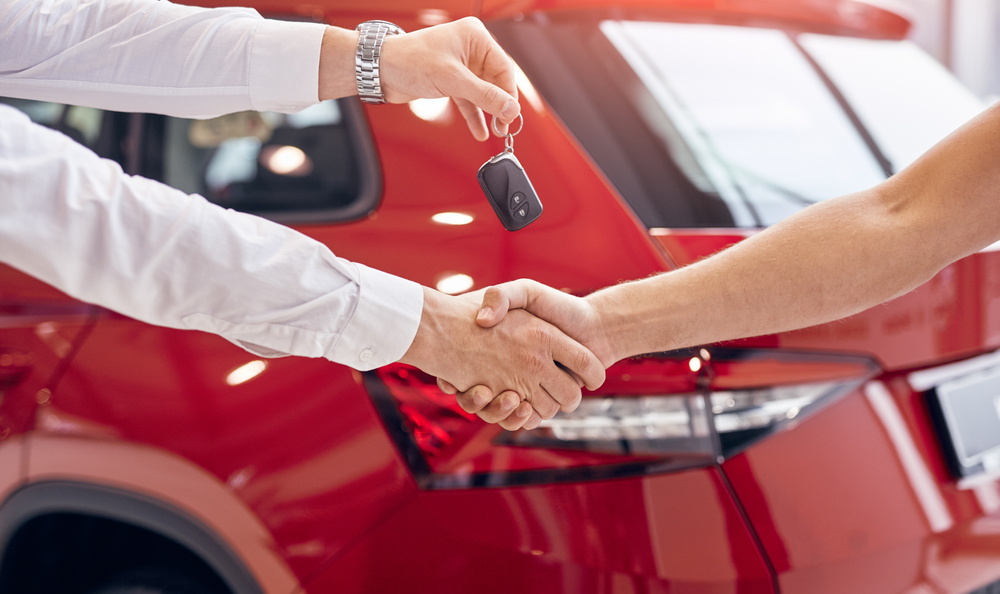In an interview with the Journal.ie, Minster for Transport Darragh O'Brien has conceded that the government won’t hit a target to get one million electric vehicles on the road by 2030.
Whilst the number of electric cars has been climbing in recent years, 2024 saw a decline in sales. However the minister said signs in 2025 have been positive, with 12,392 new electric cars registered in the first quarter, a 23.3% increase vs the same period last year.
There are already a number of incentives in place currently to encourage drivers to switch to electric including a grant of up to €3,500, and a home charger grant of up to €300. There is also VRT relief of up to €5,000 for the purchase of electric cars, a Benefit-in-Kind (BIK) tax relief for company electric vehicles and chargers, as well a lower rate of annual motor tax.
However, the minister stated in this interview that he is exploring other potential incentives, such as the first ever scrappage scheme for electric vehicles in Ireland. This would allow motorists to receive cash benefits for the scrappage of their petrol or diesel vehicles.

“I am looking at that right now. I’ve asked the team to work on it,” said O’Brien.
“I am looking at measures. I’ve asked the team to look at how we could maybe rework the grants – not necessarily increase the levels, but look at middle income families, look at rural areas as well,” he added.
“I’m trying to bring forward measures I can control myself. I think that the BIK, obviously, [the] Department of Finance has been very helpful here. I’d like to see that extended further and give that certainty to the sector. People are responding to it,” he said.
At Carzone, we welcome the government’s consideration of a scrappage scheme to encourage greater uptake of electric vehicles in Ireland. Consumer interest continues to grow, with EV searches on Carzone up 16% year-on-year. Models such as the Volkswagen ID.4, Tesla Model 3, BYD-ATTO 3 and Hyundai Ioniq 5 remain among the most searched, reflecting the growing appetite among Irish motorists.
However, barriers such as cost, charging infrastructure and range remain significant considerations. A well-structured scheme that addresses these challenges would play an important role in making EV ownership more accessible and supporting Ireland’s transition to more sustainable motoring.